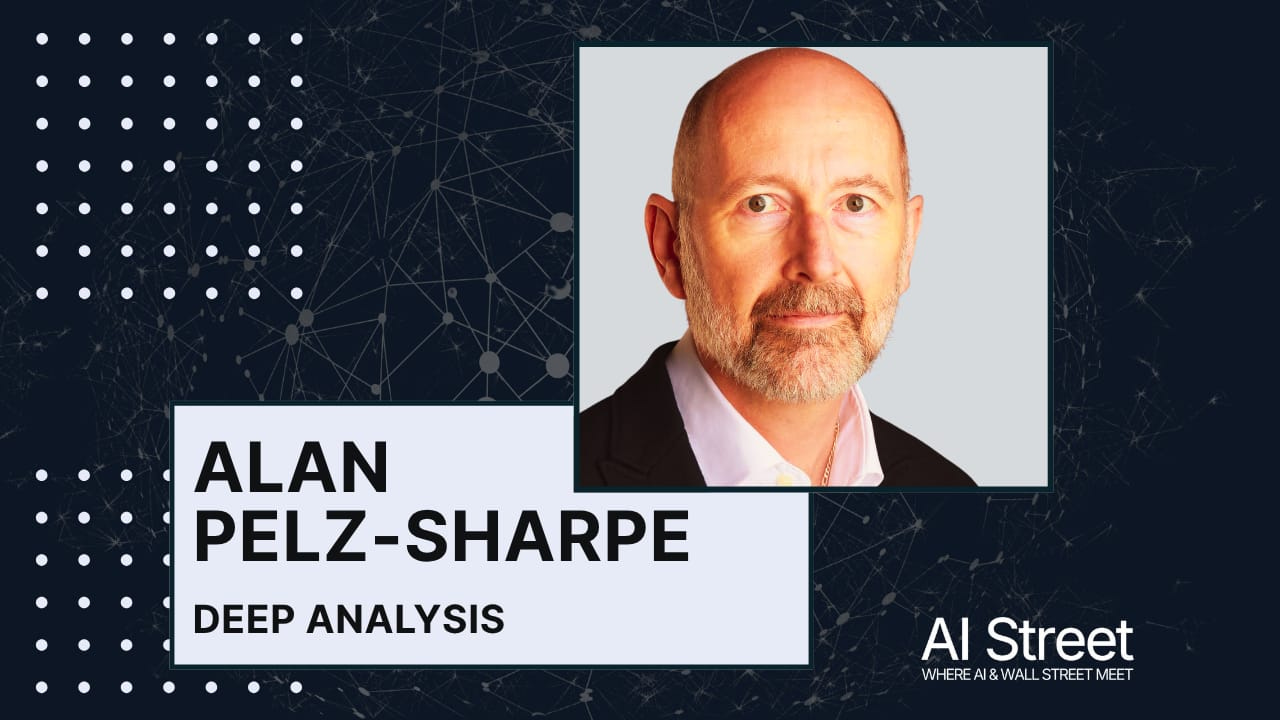Inside the AI Boom in Document Automation
INTERVIEW
The Boring but Essential Side of AI
Five Minutes with Alan Pelz-Sharpe, Founder of Deep Analysis
One of the more boring but most important aspects of AI is its ability to take messy data—like PDFs and tables—and organize it.
While AI often impresses with its latest capabilities, the business world moves more slowly and, in many cases, still runs on paper. Before LLMs, turning a printout into digital data required the document to be fairly clean and standardized.
To understand the current state of this market, known as document processing, I spoke with Alan Pelz-Sharpe, founder of research firm Deep Analysis and an analyst who has covered this space for more than two decades.
This interview has been edited for clarity and length.
How did you get into this industry?
“I’ve been an industry analyst 26 years. I’ve always covered document management and workflow. One of the reasons is it doesn’t matter whether it’s a boom or a recession — there’s always a need for document management. It’…



